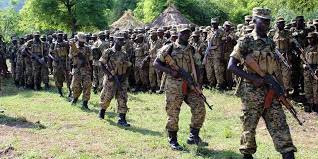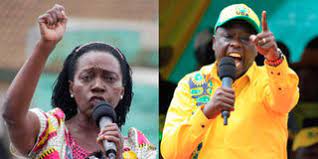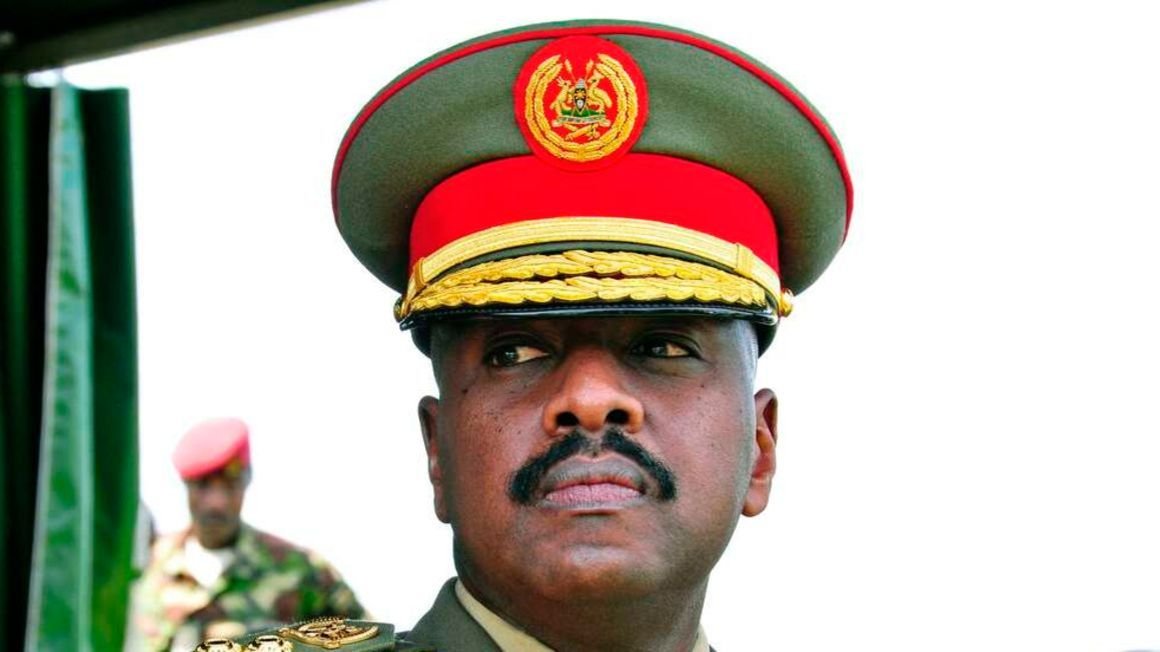Regional
Uganda army exits DRC; what next?

Uganda’s
land forces commander, Lt. Gen. Muhoozi Kainerugaba, recently announced the withdraw
of his country’s troops from the east of the Democratic Republic of Congo
(DRC), in two weeks’ time. Gen. Muhoozi tweeted that: “Operation Shujaa will
officially cease in about 2 weeks according to our original agreement.”
He
added that, “it was supposed to last for 6 months. Unless I get further
instructions from our Commander-in-Chief or CDF (chief of defence forces), I
will withdraw all our troops from DRC in 2 weeks.”
From
his statement, it is clear that the reason for withdraw is the period the
Ugandan Forces (UPDF) were allowed to operate in eastern DRC, and not the
completion of the task that took them there. Security analysts in the region
are concerned with what will happen next when Ugandan troops withdraw,
especially when the security threat in eastern DRC still prevails.
In
December 2021, Uganda deployed at least 1,700 soldiers into eastern DRC in a
joint military operation with the Congolese army (FADRC) to fight the Allied
Democratic Forces (ADF). Their operation was called “Operation Shujaa.” Although reports of the
joint operation indicated that a number of ADF bases were overrun and the enemy
scattered, the terrorist group continued to kill innocent civilians.
In
March, at least 27 civilians were reported killed in an attack attributed to
the ADF in the Mamove locality, Beni territory, on the boundary of North Kivu
and Ituri Provinces. The victims were killed with machetes, dozens of houses
were burnt, and hundreds of people were displaced.
The
rebels who originated in Uganda in the 1990s, with the intention of
overthrowing the government there, relocated to the jungles of DRC, from where
they attack villages and kill innocent civilians. The terrorist group has
become a regional security threat. It is now known to be recruiting from the
great lakes region. In February this year, DRC army spokesperson Captain
Anthony Mwalushay told reporters that three Tanzanian ADF rebels were arrested
by FADRC during a in Mwalika valley, in the chiefdom of Bashu, Beni territory,
Nord Kivu Province.
The
rebels, he said, confessed that they were Tanzanians who were recruited by a
Congolese living in Butembo to work in a gold mine in Beni but later found
themselves being recruited as ADF fighters.
In
October last year, Rwanda security organs arrested 13 suspects linked to the
terror group. They had varied material used to make improvised explosive
devices. The suspects who were arrested in Rusizi and Nyabihu districts, at
different times, were planning to carry out attacks in different parts of
Rwanda’s capital, Kigali.
The
Ugandan army’s withdraw is seen a being premature, and likely to worsen the
security situation in eastern DRC, with spill-over effects on the entire
region. Apart from ADF, more than 130 other militia groups are in eastern DRC,
including; FDLR, FLN, Rud- Urunana, RNC, and Red-tabara, which have contributed to the unending
insecurity situation in the region.
In
March 2021, the DRC army said it wished to strengthen its military cooperation
and regular consultations between the armies of the region to fight effectively
and definitively neutralize all armed groups that disrupt peace in the
sub-region.
In
April, this year, when the DRC was admitted into the East African Community
(EAC), leaders of the bloc agreed to set up a regional military force to try
end decades of bloodshed caused by negative illegal armed groups in eastern
DRC.
A UN
peacekeeping force (MONUSCO) has been deployed in the eastern DRC for more than
a decade with authorization to use
military force to restore peace and security under chapter VII mandate. But the
billions of dollars spent had no significant achievements in terms of restoring
peace, security and stability in the region.
The
fact that eastern DRC still faces security threats from various armed groups,
with a spill-over effect on the entire great lakes region, Uganda and DRC
should agree to extend the period of UPDF stay for more effective joint
operations with against ADF.
The
EAC leaders should also put into action the proposal of a regional force that
will definitively end the security problem in eastern DRC.




.jpg-20220512091800000000.jpg)

